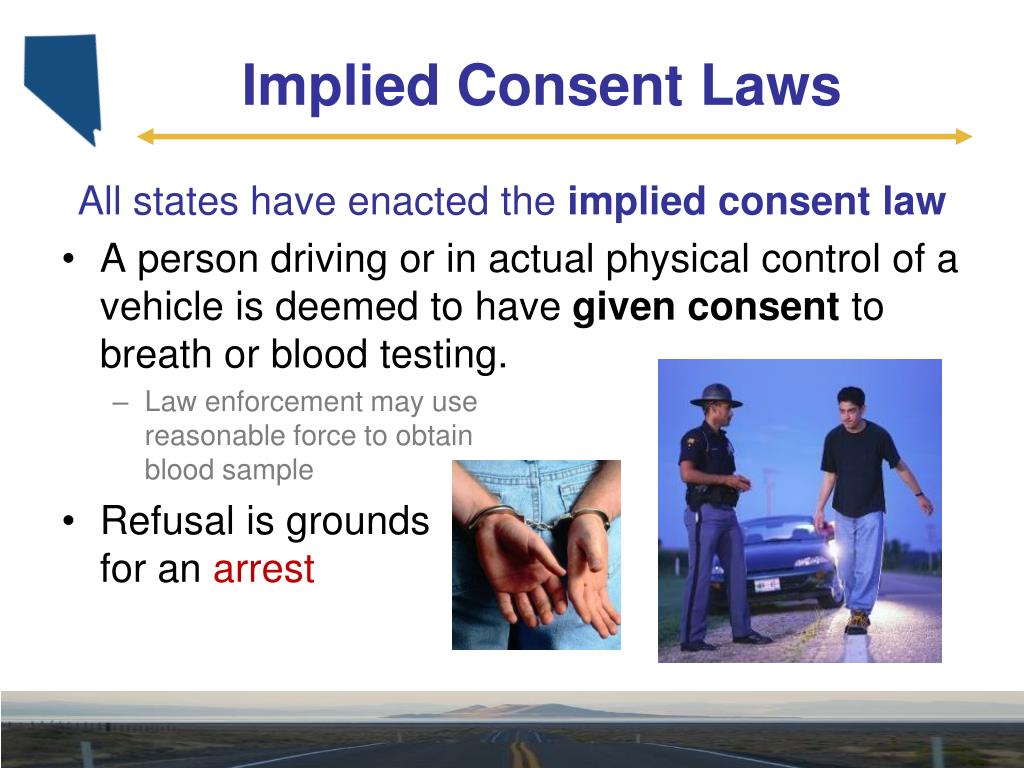Implied Consent Law States: What You Need to Know

What is Implied Consent Law?
Implied consent law is a legal concept that assumes a person's consent to certain actions or procedures based on their behavior, rather than their explicit agreement. In the context of driving, implied consent laws require drivers to submit to a blood, breath, or urine test if they are suspected of driving under the influence (DUI) of drugs or alcohol.
How does Implied Consent Law Work?
If a driver is stopped by law enforcement and suspected of DUI, they are asked to take a chemical test to determine their blood alcohol concentration (BAC). In implied consent law states, refusal to take the test is considered a violation of the law, and the driver may face penalties such as license suspension, fines, or even jail time.
Pros and Cons of Implied Consent Law
Like any law, implied consent law has its advantages and disadvantages. Let's take a look at some of them:
Pros:
- Implied consent laws help law enforcement to quickly and accurately determine if a driver is impaired, which can prevent accidents and save lives.
- It creates a deterrent against drunk driving, as drivers know they will face consequences if they refuse to take the test.
- It removes the need for law enforcement to obtain a warrant to test a suspected DUI driver, which can be time-consuming and may result in lost evidence.
Cons:
- Some people argue that implied consent laws violate their Fourth Amendment rights against unreasonable searches and seizures.
- Drivers may feel pressured to take the test, even if they are innocent, because they fear the consequences of refusal.
- It may lead to false convictions, as some medical conditions or medications can cause a false positive on the test.
FAQs
Q: Can I refuse to take a chemical test?
A: In implied consent law states, refusing to take the test may result in penalties such as license suspension, fines, or even jail time.
Q: Can I challenge the results of a chemical test?
A: Yes, you can challenge the results of a chemical test by hiring a DUI defense attorney who can examine the evidence and build a defense.
Q: What happens if I refuse to take the test?
A: Refusing to take the test may result in penalties such as license suspension, fines, or even jail time.
Q: Can I request a different type of chemical test?
A: In some cases, you may be able to request a different type of chemical test, such as a blood test instead of a breath test. However, this may depend on the laws of your state and the policies of law enforcement.
In conclusion, implied consent law is a legal concept that requires drivers to submit to a chemical test if they are suspected of DUI. While it has its pros and cons, it is important to understand the law and your rights as a driver. If you have been charged with DUI, it is recommended to seek the guidance of an experienced DUI defense attorney who can help you navigate the legal system.
